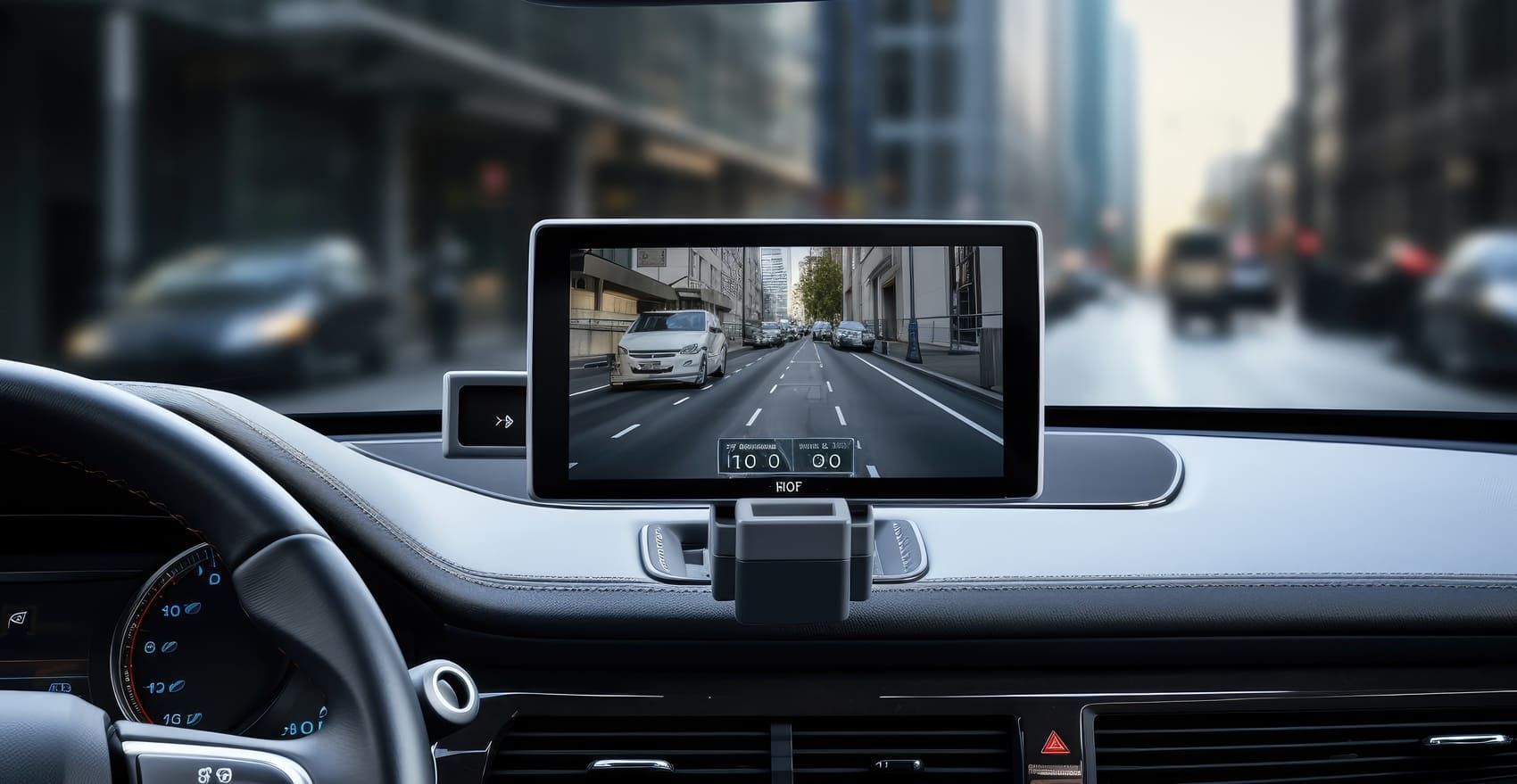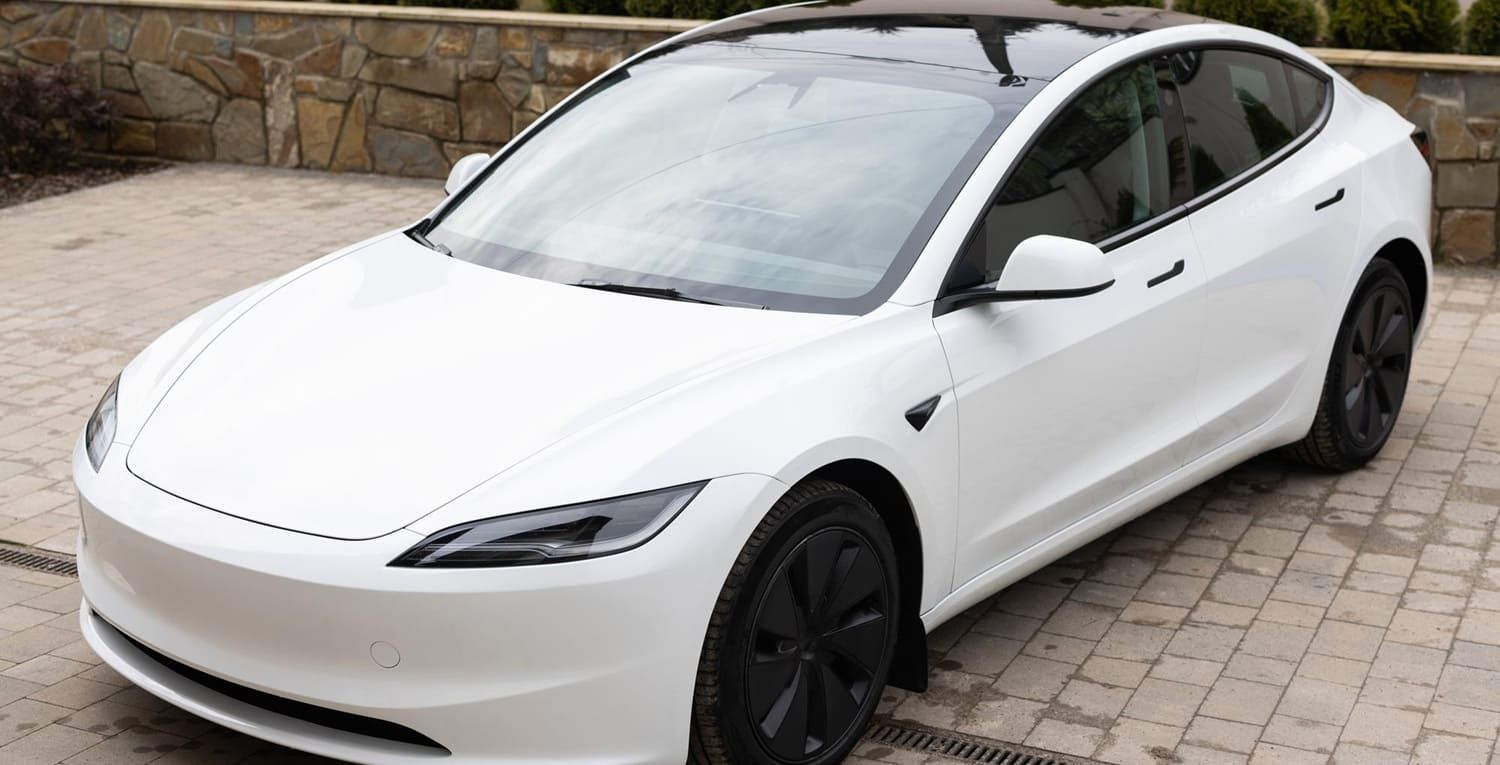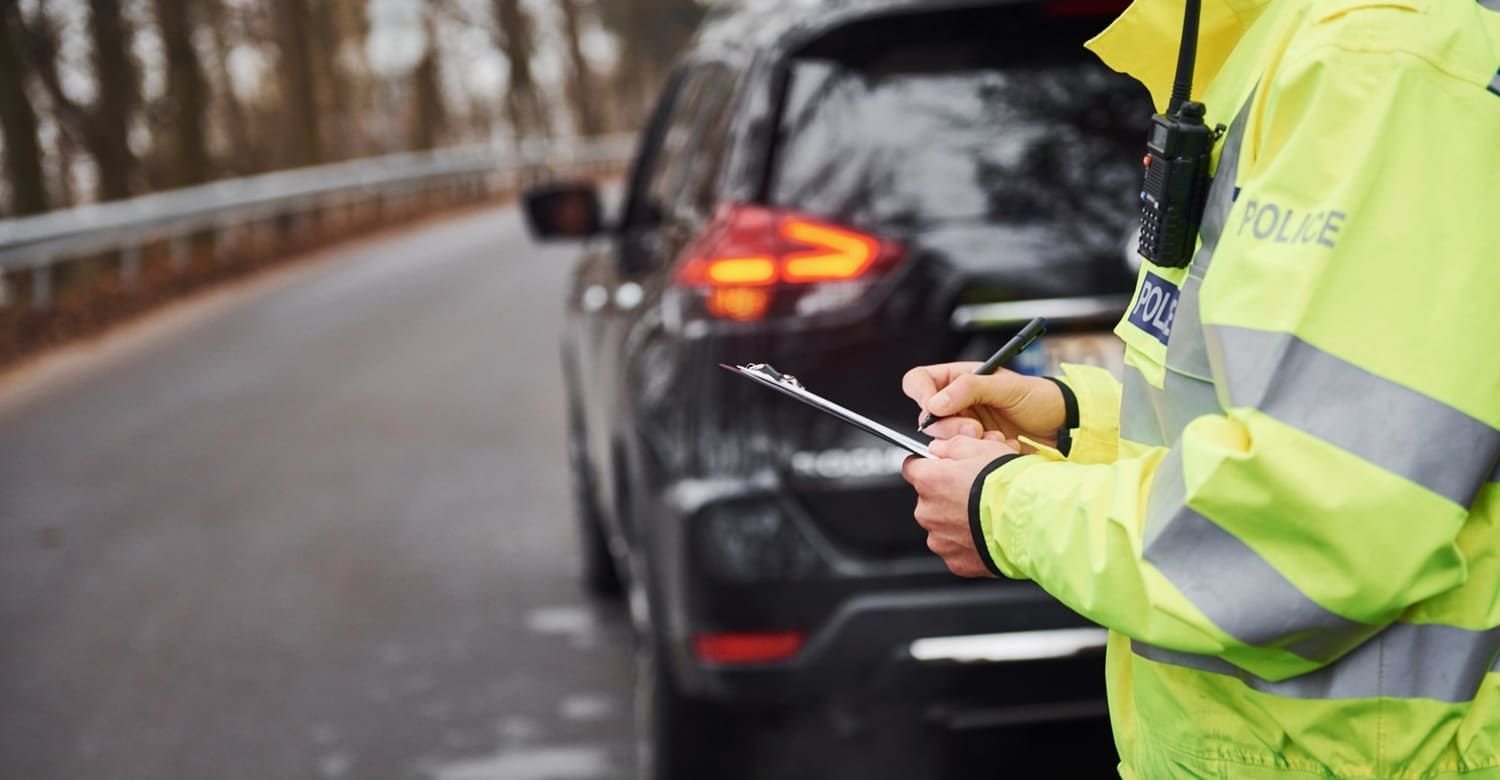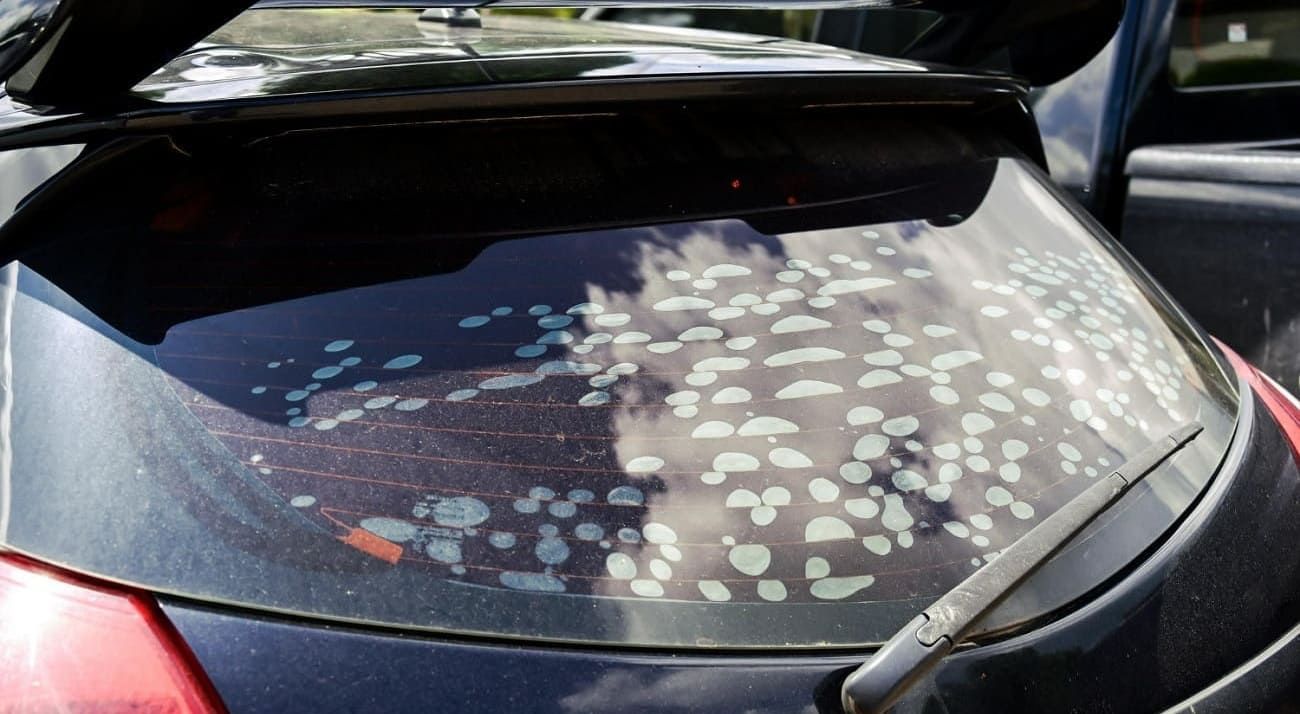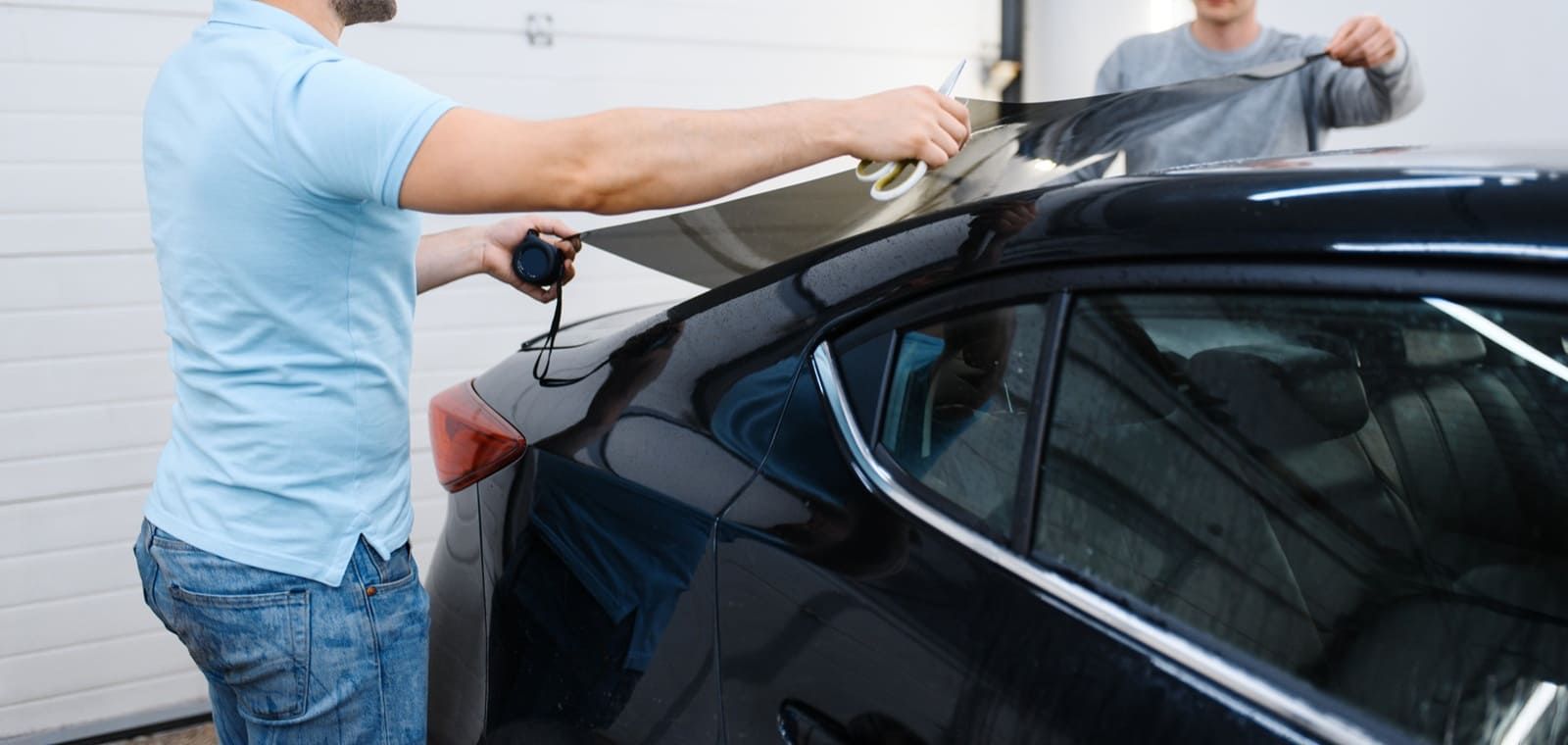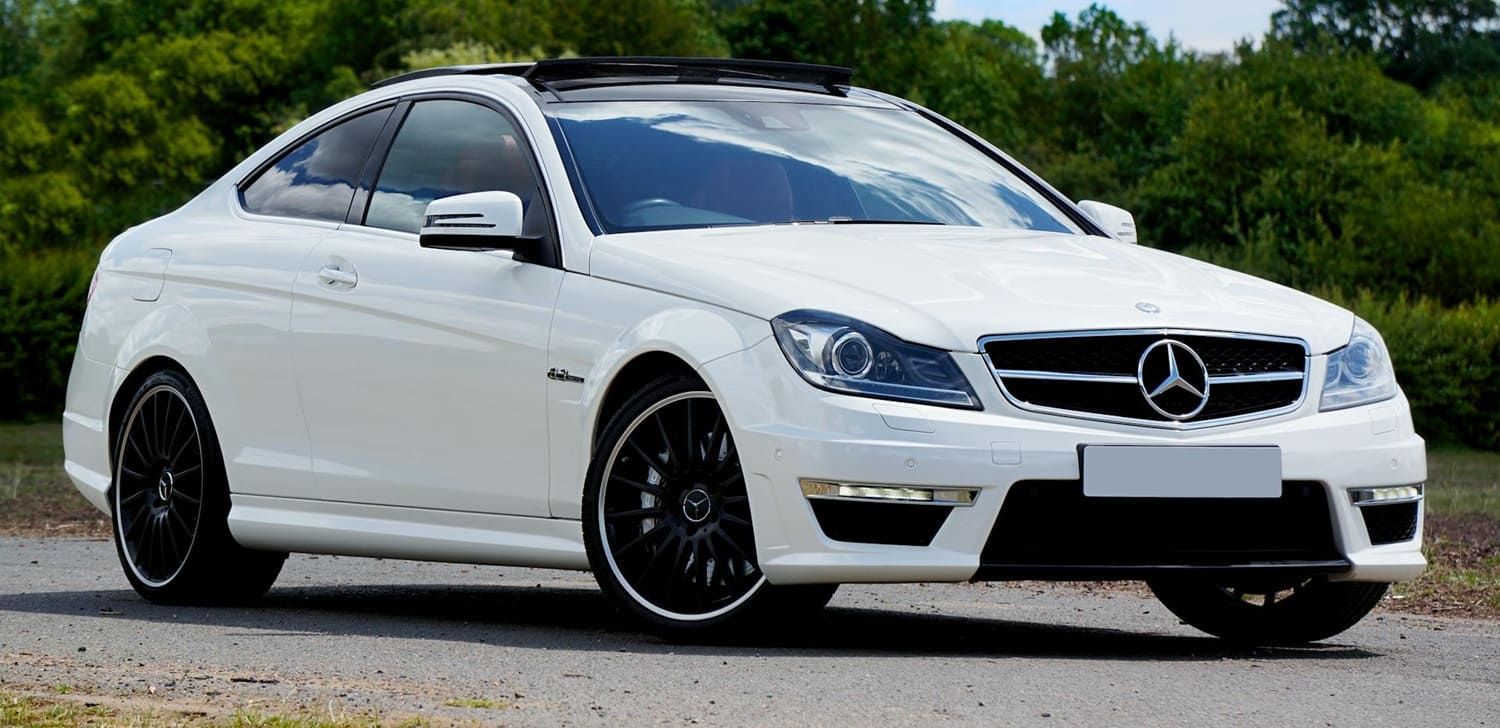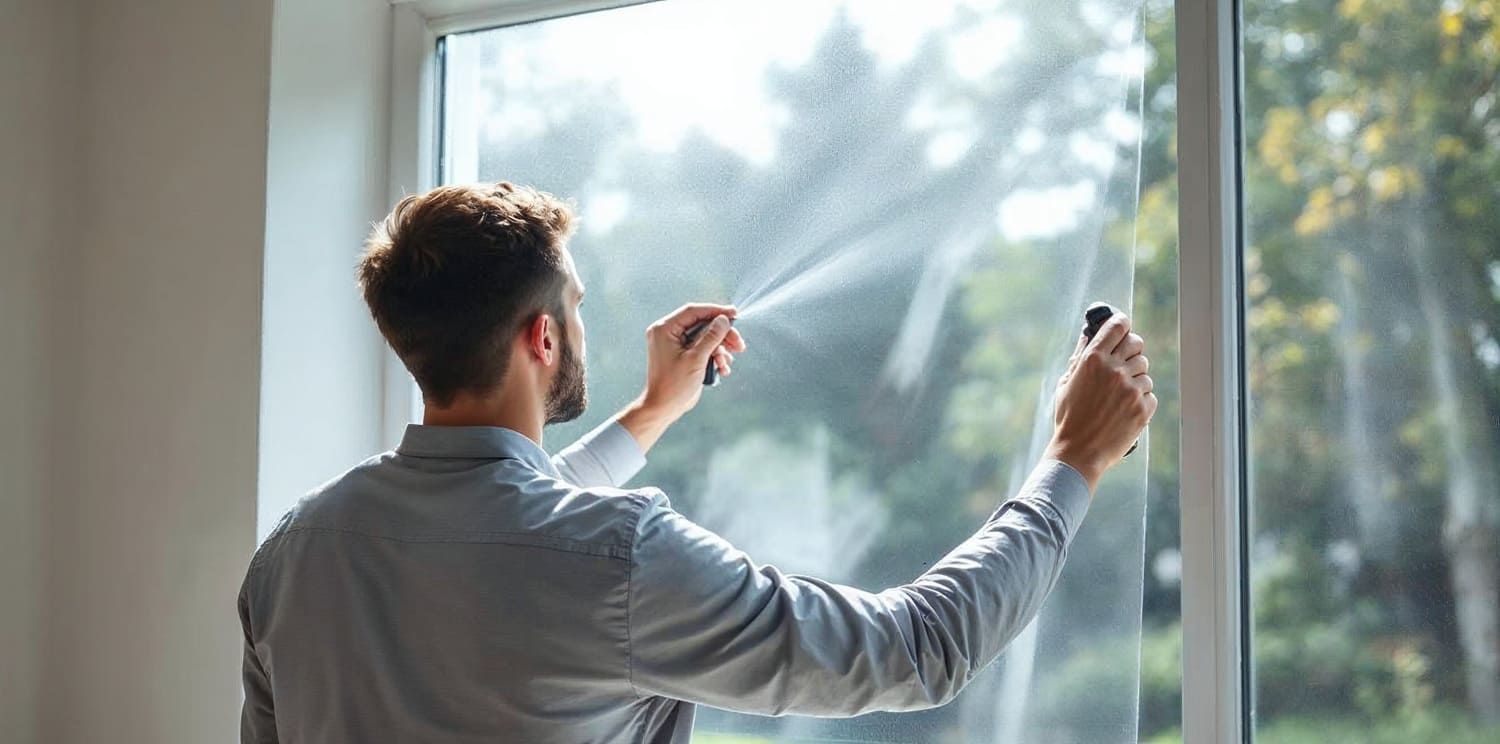Auto Window Tint Percentages: What You Need to Know
If you want to invest in auto window tinting, then you need to know how to choose the best percentage. Here's a quick guide to auto window tint percentages.
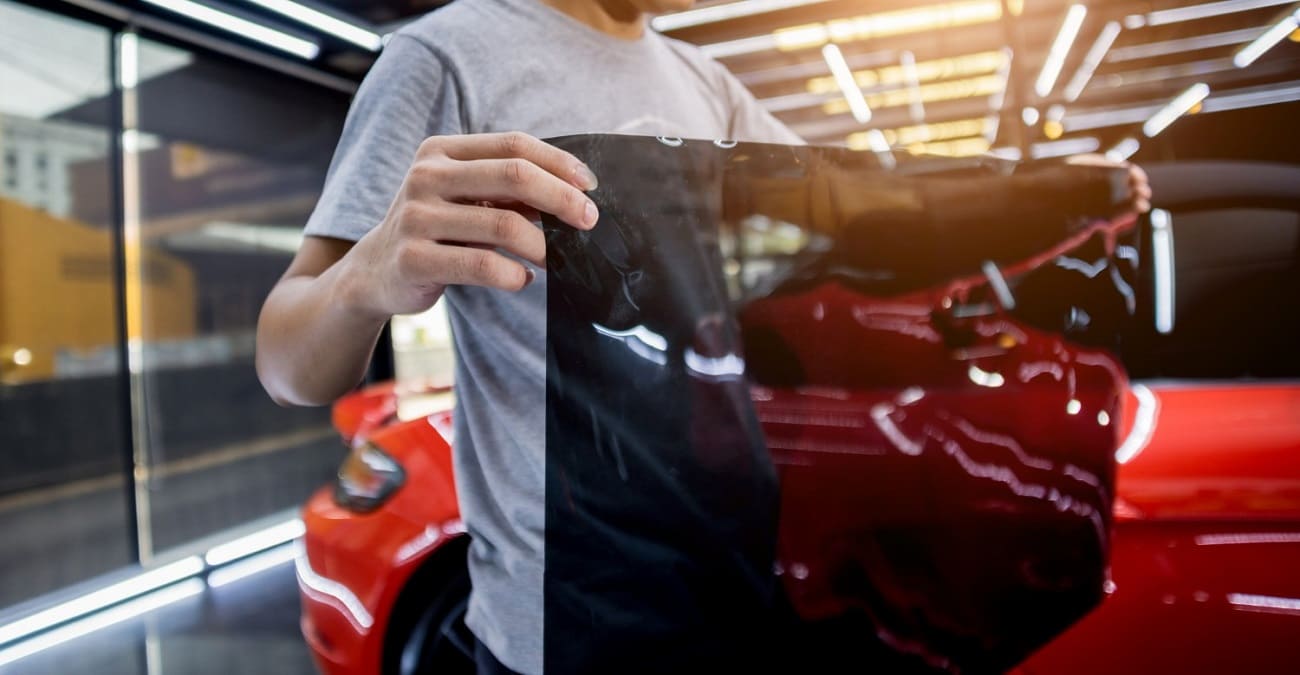
When you hear tinted windows, your mind probably jumps to celebrities that want privacy in their vehicles. Tinted windows add privacy and a cool aesthetic to cars. However, tinted windows are for more than just privacy and looking fabulous.
Window tints provide other benefits to your car. Multiple window tint percentages come in varying shades of darkness. Depending on where you live, there's also a limit on how dark your windows can be.
If you've thought about adding tint to your car windows, continue reading to learn everything you'll need to know.
How Do Tint Percentages Work?
Window tint percentages are calculated by how much light can pass through the window. This metric is called visible light transmission.
Higher window tint percentages allow more light to pass through. The higher the rate, the lighter the tint. Lower VLTs let less light pass through, which makes the tint darker.
Tint percentages range from 5% to 90%. VLTs are regulated by state laws. Each state has a legal window tint range.
If your tint is too dark, you can be pulled over and fined.
Understanding Florida Window Tinting Laws
If your tint looks too dark, a cop may pull you over. This infraction is considered a non-moving violation. You may receive a ticket, and if you're a repeat offender, the fine may be more severe.
A cop can determine if your tint is too dark by using a Visible Light Transmittance meter.
Florida tint laws are divided into two categories: window tint darkness and window tint reflection.
The legal auto window tint will depend on the vehicle you drive. Sedan front windows need to let in a minimum of 28% light. Back and side windows have to let in a minimum of 15% light.
SUVs and larger vehicles only have to allow a minimum of 6% light.
Window tint reflection is the same for all vehicles. Front windows can only be 25% reflective. Back windows can only be 35% reflective.
How to Select the Right Window Tint
Window tinting has several benefits. Before you select a tint, you should keep these things in mind.
Why Are You Tinting Your Windows?
Your reasons for tinting your windows will determine the level of tint you need. The primary reasons for tinting are keeping the interior cool, preventing the upholstery from fading, and privacy.
If you want privacy, you should get the darkest tint your state allows. For any other reasons, you should use a tint with a higher LVT.
Don't Do the Tinting Yourself
Applying window tint is complicated. If you don't have the right tools or know what you're doing, you can make some costly mistakes.
You could also end up getting the wrong kind of tint for your car. You could end up with a tint that's darker than what your state allows. You'll end up spending even more money to correct the mistake.
Hire a Reputable Window Tint Company
Shop around for window tint companies. If their services seem cheap, you may be getting what you pay for. They may also shirk your state's tint laws.
Paying a little more for a company's services should help ensure better quality. They will also be more likely to adhere to the state's tint laws.

Calculating Window Tint Percentage
Even if you're getting your tint applied by a professional, you should understand how to calculate window tint percentage. If your windows are clear, it's easy to calculate the percentage. However, your car windows may already have some tint on them.
If they do, you'll have to calculate the overall percentage by multiplying the percentages of the existing tint and the tint you want to get for the total.
For example, let's say your windows have a VLT of 80%. You want to make them darker by applying a tint with a VLT of 50%. To get the combined percentage, you need to multiply the VLT of the glass and the film.
The equation would read (0.50 x 0.80) x 100, which equals 40%.
Once the film is installed, the VLT of your windows will be 40%. You should calculate the percentage before you ask for tint to ensure it's within the legal limit.
The Benefits of Tinted Windows
Window tints provide two main benefits to your vehicle. What you want will dictate the level of tint you need.
UV Light Protection
Florida's sunlight can be intense for much of the year. Without protection, your car's interior can suffer discoloration, crack, and warp.
Tinting can protect the interior from ultraviolet light, which causes these changes. It can also help keep your car cool so you don't suffer as much from the heat.
Security and Privacy
If you don't like curious onlookers, you can tint your windows to protect yourself and your family.
Window tint can also strengthen the strength of your windows. This can help them from shattering due to blunt force. This is helpful to guard against break-ins and flying debris.
Darker tints also have a reflective surface, which will help prevent people from seeing what's inside your car. Burglars are less likely to break in if they can't see what's inside.
Window Tinting for Whatever You Need
Window tinting can provide several benefits to your car. Before you get tint, however, you should know the existing tint percentages of your windows and what they will be after you tint them. You should also be aware of your state's tint laws so you don't get a tint that's too dark.
At David Wood Window Tinting, we provide auto, residential, commercial, and marine window tinting. We pride ourselves on providing quality service and meeting our client's needs. Contact us today to ask for a quote on our services.


